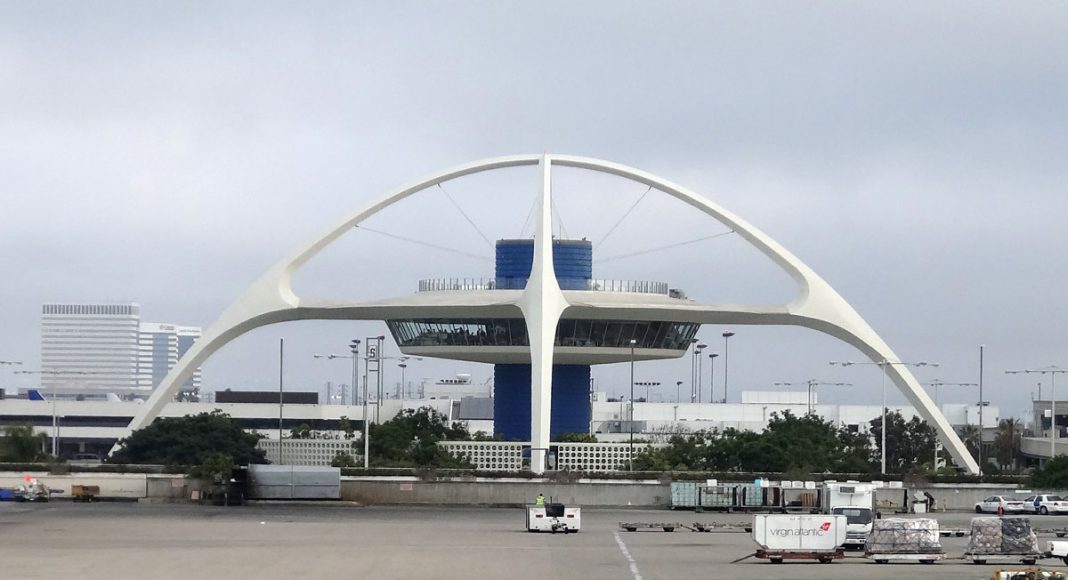Have you ever googled “Can I Fly With Weed?” Don’t worry because you’re not alone, especially if it involves flying from a legal state like California. Police have seen trafficking arrests rise by 166% at LAX since California legalized cannabis in 2016, according to records obtained by the Los Angeles Times.
While authorities say passengers stuffing some weed on their carry-on is on the rise, the bigger issue is small-time smugglers trying to escape the state’s saturated cannabis market. Due to legalization and light penalties if caught, these marijuana runners don’t have much fear in any risking the consequences.
RELATED: Everything You Need To Know About Traveling With Marijuana
Police are routinely discovering entire bags of checked luggage full of marijuana, transforming the world’s fourth busiest airport into the country’s premiere hub for transporting weed. And LAX isn’t the only airport in California where this is happening.
“We intercept large quantities of marijuana regularly,” said Sgt. Ray Kelly of the Alameda County Sheriff’s Office, which has jurisdiction over Oakland International Airport, in an interview with the LA Times. “We find it in about 50-pound quantities … the carry-on rate for luggage. I would imagine we’re only intercepting some of it, not all of it.”
Bill Kroger Jr., a 20-year criminal defense lawyer who specializes in cannabis cases, told the Times “the money is outside of California,” because of all the new players with fat pockets flooding the industry. Data backs this up, as California is the country’s leading producer of cannabis, growing 13.5 million pounds in 2016. That figure, by the way, is five times the amount state residents ended up consuming.
RELATED: Smuggling A Little Marijuana On An Airplane Is No Big Deal
Hence, all the smuggling. LAX arrest records show only 20 trafficking arrests were made in 2016. That number rose slightly to 38 in 2017, before soaring to 101 in 2018, the first year of legal recreational marijuana sales in California. Among the most popular destinations for marijuana smugglers were Atlanta, Dallas, Indianapolis, and Chicago.
“This is normal procedure for these guys, and I would say 29 out of 30 times they make it through without a problem,” Kroger said.
Part of the reason is because though marijuana trafficking is on the rise, police’s primary attention remains elsewhere. While the federal government still attests that marijuana is a Schedule I drug—meaning it has no medical value—and the DEA is against legalizing the plant, authorities maintain that it’s a “low-enforcement priority.”


